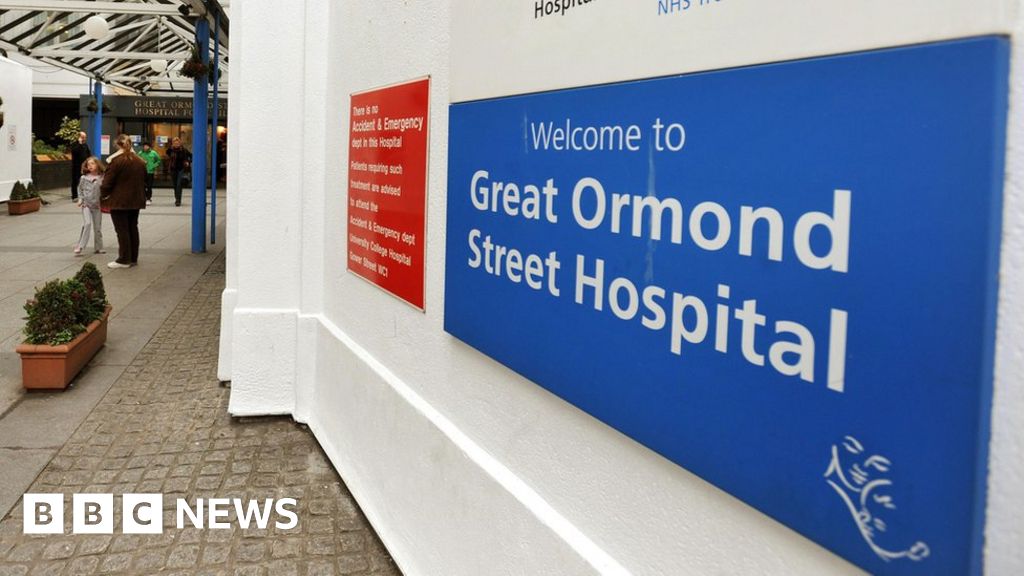Split from:
 www.railforums.co.uk
www.railforums.co.uk
Hello! I'm new here but I'm hoping my contributions will benefit the wider community.
I actually beg to differ regarding career prospects not being impacted due to a criminal conviction for a railway ticketing matter - the reason being is that if someone has a conviction of this type, it questions that individuals honesty and integrity which for certain job roles is crucial. For example - would it be reasonable to expect a security officer to be honest, transparent and conduct themselves in an integral manner whether at work or out of work?
In the financial services industry - there are cases of where people have been caught and convicted for rail ticketing manners and have ended up losing their jobs. See two examples:

 www.theguardian.com
www.theguardian.com

 www.standard.co.uk
www.standard.co.uk
Caught using wife’s oyster photo id card
Hi All, I am on student dependent visa and today I caught using my wife’s photo id oyster card. I was using it almost a year without knowing that I cant use it. Now the TFL officer takes my card and told me that you will receive a letter within 2 weeks and where you have to explain why it has...
Transport for London take misuse of 18+ Oyster cards very seriously and a prosecution under the TfL Bylaws is the usual outcome.
TfL will send you a Verification Letter, normally within a couple of weeks. The letter will ask you to confirm or deny the incident and ask you to give any mitigating circumstances which you would like them to take into account when deciding how to proceed.
I suggest you mention the following in your reply:
- That you are sorry for what has happened
- What you have learned from the incident
- That you are keen to settle the matter without the need for court action
- Offer to pay the outstanding fare and TfL's administrative costs in dealing with the matter
TfL generally do not offer out of court settlements although in some very limited circumstances they have been known to issue a final warning instead of prosecution. Prosecutions are normally done through what is called a Single Justice Procedure Notice. This means that if you plead guilty it is not necessary to attend court in person (unless you choose to do), you simply return the form to the court with any mitigation you want them to tae into account and they will write to you with the details of the fine you have to pay.
If you are prosecuted and plead guilty (or are found guilty by the court) then you will have to pay:
- A fine based on your income (normally discounted by a third if you plead guilty at the earliest opportunity)
- A surcharge of 40% of the value of the fine
- A contribution towards TfL's costs
- Compensation for the fares avoided
If you are found guilty then this is a criminal conviction. If you are prosecuted under the TfL Bylaws (which is what normally happens) then the conviction isn't normally recorded on the Police National Computer and won't normally appear on Basic or Standards DBS checks although we always advise people to be honest when asked if they have a conviction.
A criminal conviction for a railway ticketing matter won't normally affect future career prospects but do note that legally we are unable to comment or assist when it comes to immigration issues.
Here's a link to TfL's Revenue Enforcement & Prosecutions Policy which you might find worth reading:
Hello! I'm new here but I'm hoping my contributions will benefit the wider community.
I actually beg to differ regarding career prospects not being impacted due to a criminal conviction for a railway ticketing matter - the reason being is that if someone has a conviction of this type, it questions that individuals honesty and integrity which for certain job roles is crucial. For example - would it be reasonable to expect a security officer to be honest, transparent and conduct themselves in an integral manner whether at work or out of work?
In the financial services industry - there are cases of where people have been caught and convicted for rail ticketing manners and have ended up losing their jobs. See two examples:

FCA bans £43,000 fare dodger from working in financial services
Financial Conduct Authority says conduct of former Blackrock MD Jonathan Paul Burrows fell short of the standards expected in the City

Banker forged train season ticket in £8,000 scam
A City banker who forged his railway season ticket in an £8,000 scam has been sacked and is now claiming benefits.
Last edited by a moderator:

